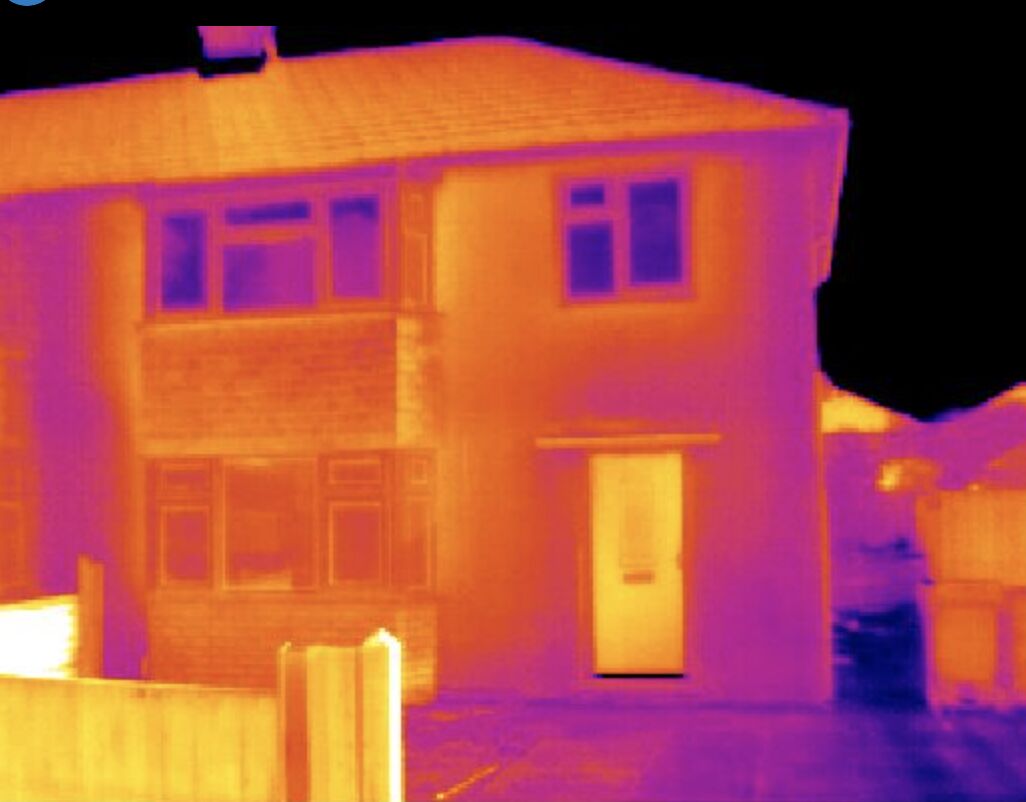
Understanding EPC Ratings and How to Improve Yours
Learn what Energy Performance Certificates mean for your home, how they affect property value, and how government grants can help improve your rating.
What Is an EPC Rating?
An Energy Performance Certificate (EPC) is a legal requirement when selling, renting, or building a property in the UK. It provides a standardised rating of your home's energy efficiency, ranging from A (most efficient) to G (least efficient).
Your EPC includes:
- An overall energy efficiency rating
- Estimated energy costs for heating, lighting, and hot water
- Recommendations for improving efficiency and lowering bills
- A list of potential savings if improvements are made
Most UK homes currently fall between D and E, which means there's significant room for improvement.
Why Does Your EPC Rating Matter?
Whether you're a homeowner, landlord, or tenant, your EPC rating impacts more than just compliance:
Property Value
Homes with better EPC ratings can command higher resale prices and sell faster.
Monthly Bills
A higher rating usually means lower energy consumption, reducing utility costs.
Tenant Appeal
Properties with good ratings are more attractive to renters seeking affordable, comfortable homes.
Legal Requirements
Landlords must ensure rental properties meet at least EPC rating E (moving toward C in future legislation).
Access to Grants
Many government energy schemes, such as ECO4 or the Great British Insulation Scheme (GBIS), use EPC ratings to determine eligibility.
What Affects Your EPC Rating?
Your EPC is calculated based on:
- Insulation quality (loft, walls, floors)
- Heating system efficiency (boiler age, controls)
- Glazing (single, double, or triple)
- Lighting (LED vs halogen)
- Ventilation and renewable energy sources (like solar panels or heat pumps)
The more energy-efficient your home is, the better your EPC score will be.
How to Improve Your EPC Rating
Here are the most effective ways to increase your rating:
Quick Wins for Better EPC Ratings:
- ✅ Loft Insulation – One of the quickest, cheapest upgrades
- ✅ Cavity Wall or Solid Wall Insulation – Stops heat escaping through external walls
- ✅ Upgrade to an A-rated Boiler or Heat Pump – Drastically improves energy use
- ✅ Install Double or Triple Glazing – Retains heat and reduces drafts
- ✅ Switch to LED Lighting – Small change, measurable impact
- ✅ Solar Panels or Heating Controls – Adds renewable energy points to your EPC
Can I Get Help to Improve My EPC?
Yes — government-funded schemes can cover or heavily subsidise upgrades:
🔹 ECO4 Scheme
Helps low-income or vulnerable households access free insulation, boiler upgrades, and heat pumps.
🔹 GBIS (Great British Insulation Scheme)
Offers support for loft and cavity wall insulation to eligible homes (even without benefits).
🔹 Boiler Upgrade Scheme (BUS)
Provides grants of up to £7,500 to install heat pumps.
If your EPC is E, F, or G, you're likely to qualify for multiple forms of support.
The Impact of EPC Improvements
Improving your EPC rating can have significant benefits:
- Energy Bill Savings: Moving from an F to a C rating could save £300-600 annually on energy bills
- Property Value Increase: Homes with better EPC ratings can sell for 5-10% more than similar properties with poor ratings
- Faster Sales: Energy-efficient homes typically sell 20% faster than less efficient properties
- Rental Income: Landlords can charge higher rents for properties with better EPC ratings
- Future-Proofing: Avoid costly upgrades later as regulations become stricter
Common EPC Improvement Scenarios
From G to D Rating
Typical improvements: Basic loft insulation, cavity wall insulation, and upgrading to an efficient boiler. Cost: Often fully covered by government schemes for eligible households.
From D to B Rating
Additional improvements: Solar panels, heat pump installation, triple glazing, and comprehensive insulation package. Cost: £8,000-15,000, but significant grants available.
Achieving A Rating
Premium improvements: Ground source heat pump, extensive renewable energy systems, and passive house standards. Cost: £15,000+, but creates a highly valuable, future-proof property.
Final Thoughts
Improving your EPC rating doesn't just cut your energy bills — it increases property value, reduces carbon footprint, and opens the door to government grants.
✅ Check Your Eligibility
At Renew Energies, we make it easy to upgrade your home. We'll assess your EPC, check your grant eligibility, and handle the application from start to finish — completely free of charge.
👉 Ready to improve your EPC rating and slash your energy bills?
Next Steps
Ready to improve your EPC rating? Here's what to do:
- Get Your Current EPC: If you don't have a recent EPC, you can find it on the government's EPC register or arrange for a new assessment
- Identify Priority Improvements: Focus on the recommendations that will give you the biggest rating boost for your budget
- Check Grant Eligibility: See which government schemes you qualify for to reduce or eliminate costs
- Get Professional Advice: Contact certified installers who can assess your home and handle grant applications
- Plan Your Upgrades: Some improvements work better together, so plan a comprehensive approach
Contact Renew Energies today for a free EPC assessment and grant eligibility check. We'll help you create a plan to improve your rating while maximizing available funding – taking the stress out of making your home more energy-efficient.

Mike Pardoe
CEO at Renew Energies
As CEO of Renew Energies, Mike leads our mission to help UK homeowners understand their EPC ratings and access government funding to make meaningful improvements across Blackpool, Fleetwood, Southport, Preston, Lancaster and the North West.
